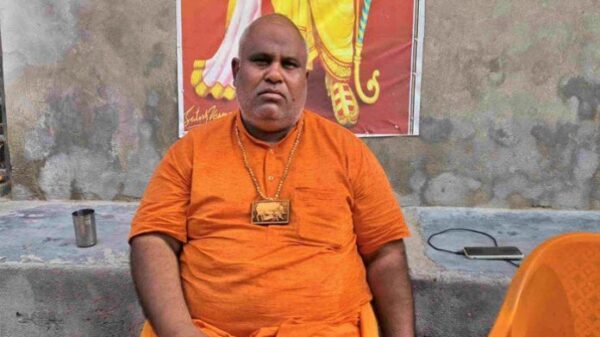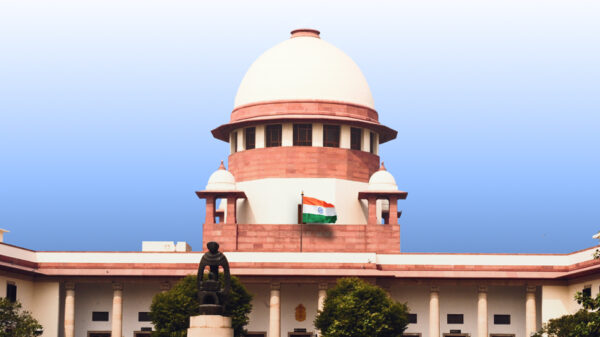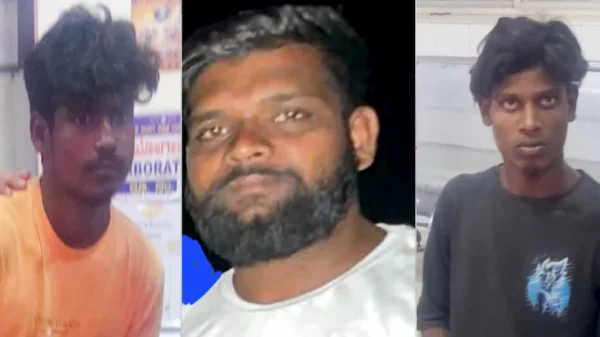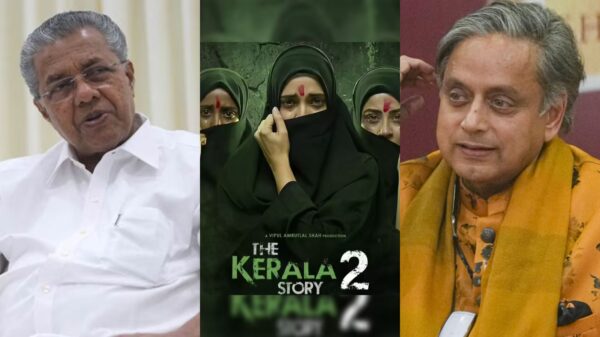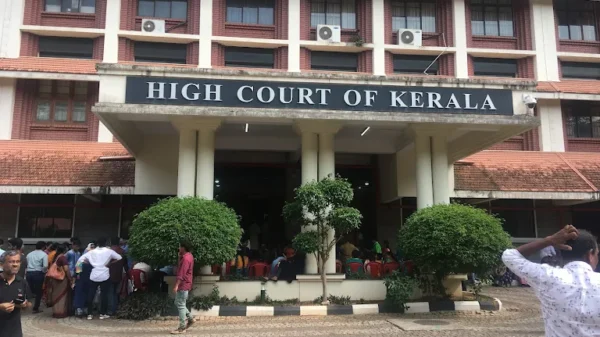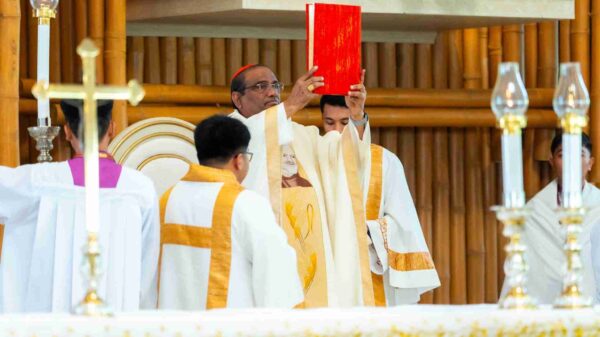A suggestion by the Madurai Bench of the Madras High Court to regulate church properties and institutions under a statutory body akin to the Waqf Board has drawn sharp criticism from Christian leaders and organizations.
Justice M. Sathish Kumar, while hearing a case related to the administration of Scott Christian College in Kanyakumari district, observed that Christian institutions, unlike Hindu and Muslim charitable endowments, lack comprehensive statutory regulation. He proposed that the Union and Tamil Nadu governments consider legislation to bring church properties, funds, and affiliated institutions under similar oversight.
Christian leaders, including Father John Kurien, a retired priest from Coimbatore, have expressed strong opposition. “Church properties are registered with proper records, including educational institutions and hospitals. This proposal could infringe on constitutional rights. The Indian Constitution allows minority communities to establish and manage their own institutions,” Kurien told IANS.
Father Samuel George said that church properties are purchased assets, not state donations. “The church has full accountability over its properties. Suggesting statutory control undermines our rights,” he said.
The National Council of Churches in India (NCCI) and the Catholic Bishops’ Conference of India (CBCI), which govern the majority of churches in India, have voiced concerns. While CBCI spokesperson Father Robinson Rodrigues confirmed a legal review of the implications, he declined further comment, citing the matter as sub judice.
Justice Kumar highlighted administrative and financial issues within Christian institutions, attributing them to internal power struggles. “These institutions are meant to be protected and safeguarded, but their funds often suffer misuse,” he noted, adding that church-related disputes frequently lead to court-appointed administrators as temporary solutions.
Referring to the Concurrent List in the Indian Constitution, which allows both central and state governments to legislate on trusts and religious endowments, the court stated there is no legal barrier to introducing such laws for Christian institutions.
Christian leaders have framed the suggestion as an attack on minority rights. “This could set a dangerous precedent, infringing on our community’s autonomy,” said a priest, speaking anonymously.







